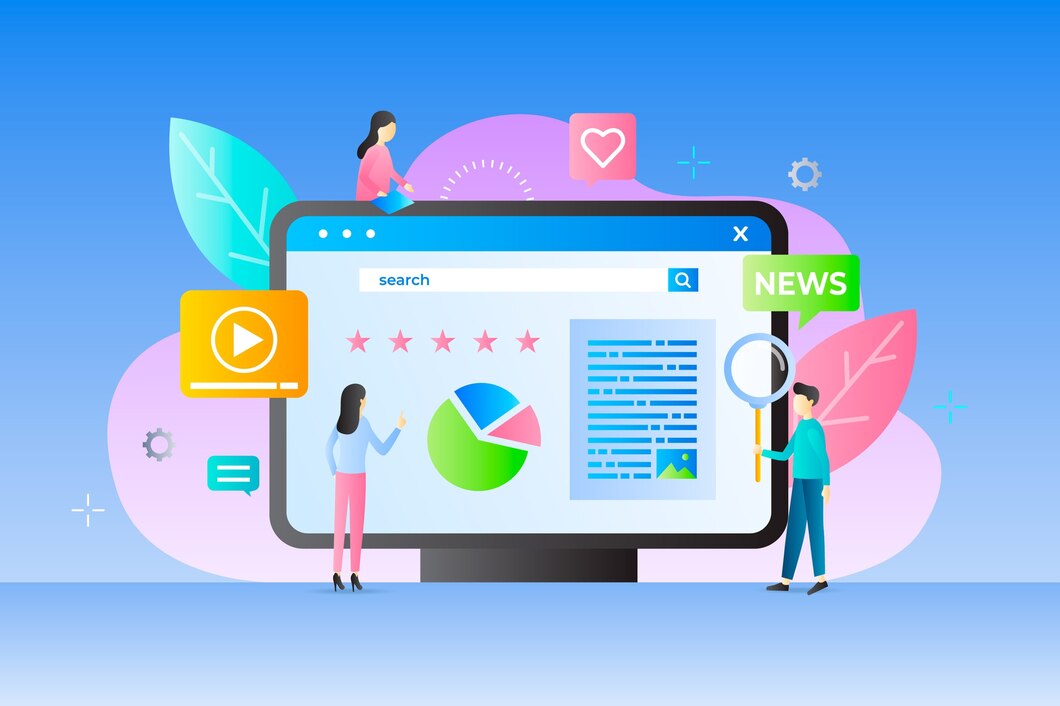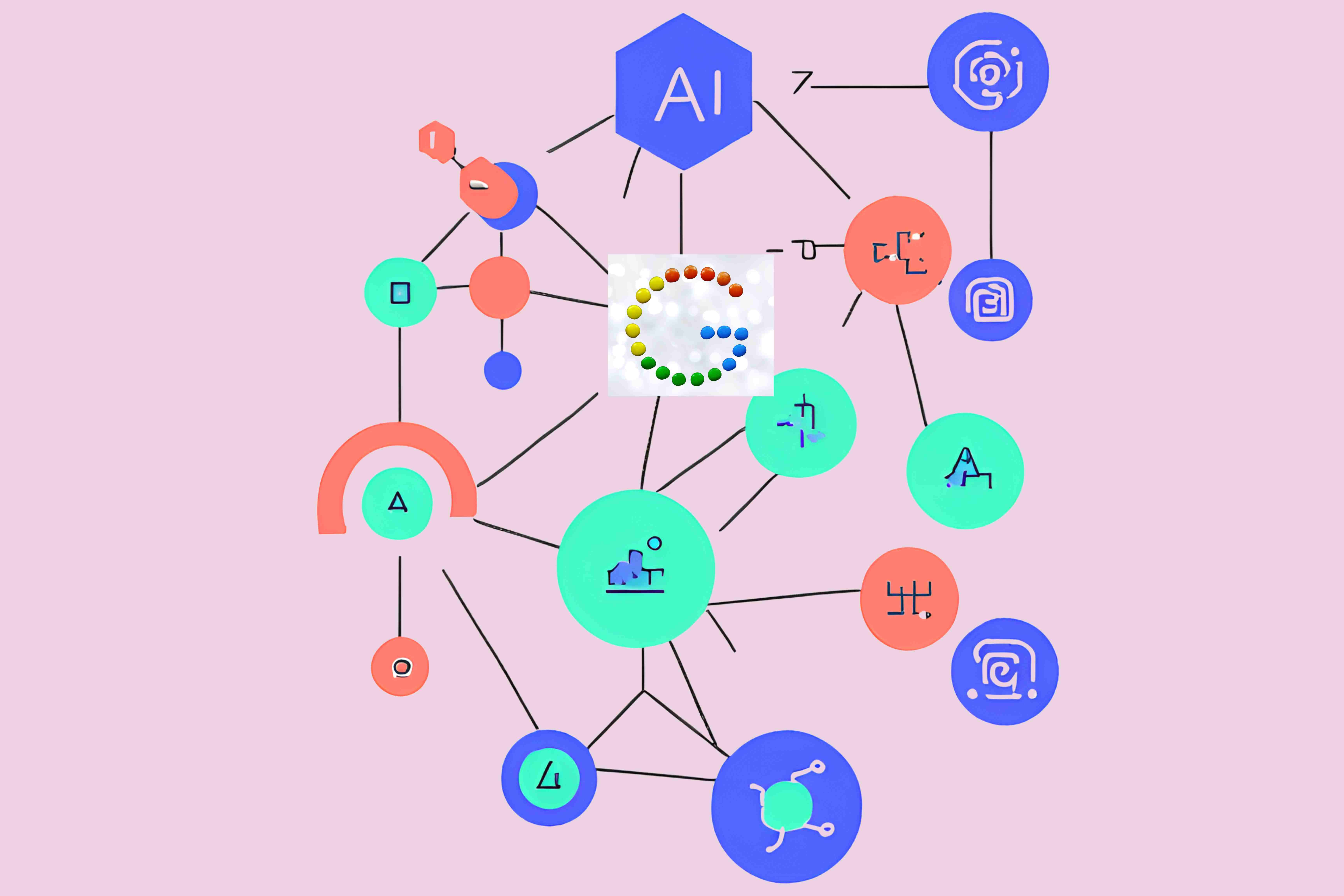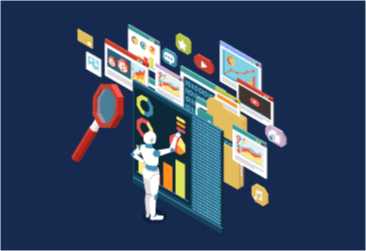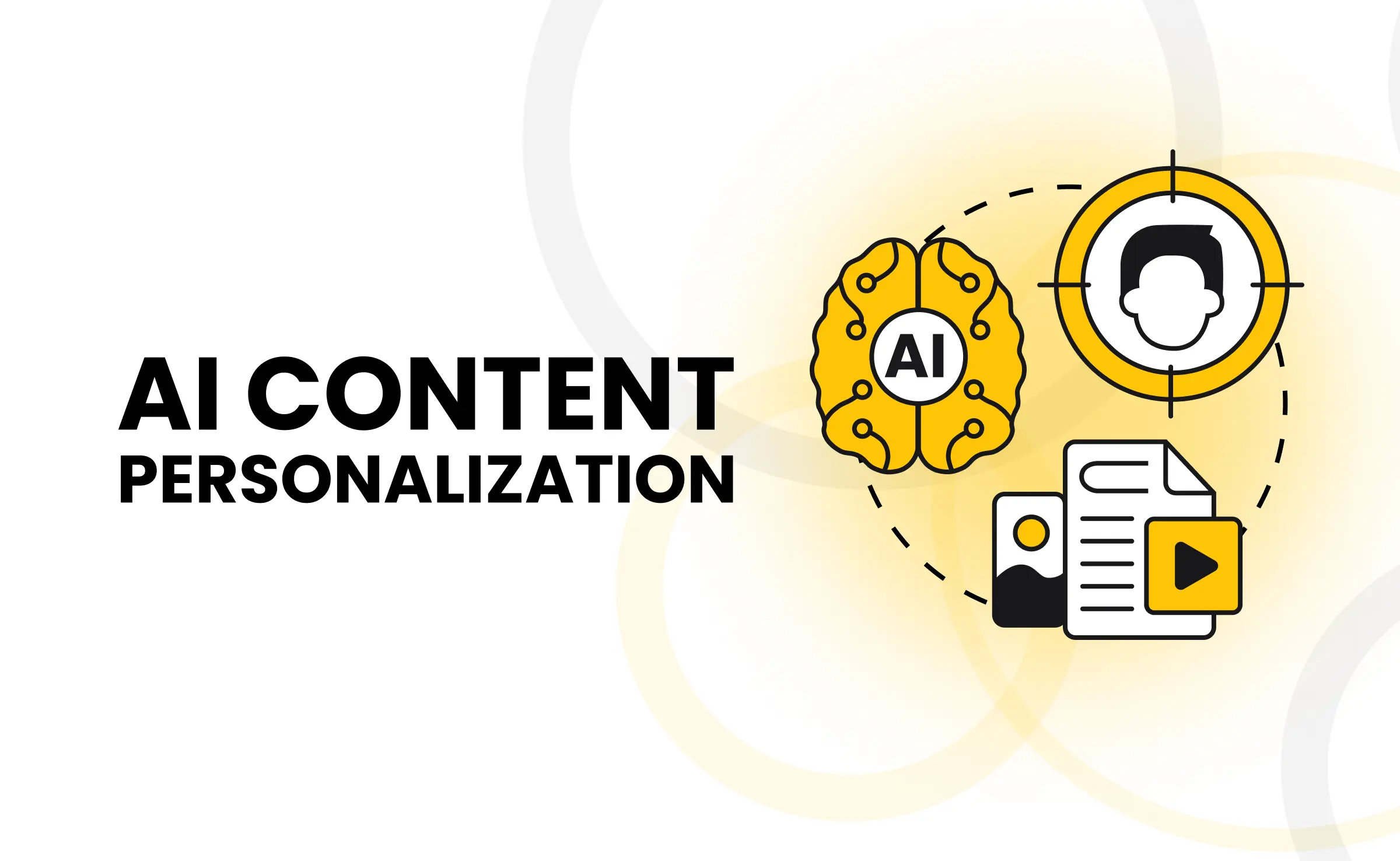In today’s fast-paced digital world, SEO is crucial for staying ahead of the competition. By leveraging AI (Artificial Intelligence) and automation, you can optimize your SEO strategy and outperform your competitors. These technologies aren’t just trends—they are reshaping the way digital marketers approach SEO. By incorporating AI tools and automation into your SEO strategy, you’ll stay two steps ahead.
Here’s how to effectively integrate AI and automation into your SEO strategy:
1. AI-Powered Keyword Research
Traditional keyword research can be a real headache. AI-powered tools like Ahrefs, SEMrush, and Moz use machine learning to suggest keywords based on search trends, competition, and user intent.
Benefit: AI saves you hours of tedious keyword research, providing you with more precise and relevant keywords that align with what your audience is actually searching for.
Automation: After selecting your keywords, automation tools can track their performance over time, adjusting your strategy based on results and emerging trends. This ensures your keyword strategy evolves without manual effort.
2. Optimizing Content with AI
AI can help you create high-quality content and optimize existing material for better SEO. Tools like Copy.ai are great for generating blog posts, social media updates, and marketing copy.
Benefit: AI ensures that your content uses the right keywords with optimal density, boosting your SEO performance.
Automation: As SEO trends shift, AI can automatically update older blog posts with fresh, optimized content. This keeps your site relevant and helps improve its rankings without manual effort.

3. AI for Technical SEO Audits
Technical SEO can be tricky, but AI tools like Screaming Frog and Sitebulb simplify the process. These tools quickly scan your website to find issues like broken links, slow-loading pages, and other technical problems.
Benefit: AI makes it easy to identify and fix technical issues quickly, improving your site’s user experience and overall SEO rankings.
Automation: Automate regular audits to run on a weekly or monthly basis. This way, you’re notified immediately of any issues—such as a broken link or crawl error—so you can address them before they affect your SEO.
4. Smart Link Building with AI
Backlinks are essential for SEO, but finding quality backlinks can be time-consuming. AI tools like BuzzSumo and Ahrefs help you find high-authority websites more likely to link to your content.
Benefit: AI helps you focus on obtaining high-quality backlinks, which boosts your domain authority and improves your SEO, without wasting time on low-value sites.
Automation: AI can track new link-building opportunities and even send automated, personalized outreach emails to potential partners, saving you time and effort.

5. Optimizing for Voice Search
With voice search on the rise, optimizing your content for voice queries is more important than ever. AI tools like AnswerThePublic help you identify the questions people are asking and optimize content for voice search.
Benefit: AI helps you create content that ranks in featured snippets, driving traffic from voice search queries like “best SEO tools” or “how to use AI for SEO.”
Automation: AI can automatically tag your content for voice search optimization and adjust meta descriptions to match trending voice search queries, ensuring you stay ahead of the curve.
6. Predicting SEO Trends with AI
SEO is fast-paced, and staying ahead of trends is crucial. Tools like Google Analytics 4 and BrightEdge use AI to predict shifts in search behavior based on data and competitor analysis.
Benefit: AI helps you spot emerging trends early, allowing you to create content around them before they become widely popular. This positions you as an authority in trending topics.
Automation: AI can alert you in real-time about emerging trends and help you plan your content strategy accordingly, ensuring you’re always prepared with fresh, relevant content.

7. Personalizing the User Experience
Google rewards websites that provide a positive user experience. AI tools like Optimizely allow you to personalize your site’s content based on visitor behavior, location, and previous interactions.
Benefit: Personalized content increases user engagement, improves dwell time, and reduces bounce rates—all factors that contribute to better SEO rankings.
Automation: AI can automatically update elements like CTAs (call-to-action buttons), product recommendations, and personalized content to make each user’s experience unique.

8. Automated SEO Reporting
SEO reporting can be time-consuming, but AI tools like Google Data Studio and SEMrush can gather all your key SEO metrics—such as traffic, rankings, and conversions—into one simple report.
Benefit: These AI tools provide actionable insights in a matter of minutes, so you can quickly see what’s working and where adjustments are needed. This saves you time compared to manually collecting data.
Automation: AI can generate and send you customized reports on a daily or weekly basis, keeping you updated on your SEO performance without additional work.

Conclusion
AI and automation are powerful tools for SEO in 2025 and beyond. From smarter keyword research and automated content optimization to effortless technical audits and link building, AI can save you time and enhance your SEO performance. Start by integrating AI-powered tools like Ahrefs for keyword research, and watch your rankings improve. With AI on your side, you’ll leave your competitors behind in the ever-changing SEO landscape.